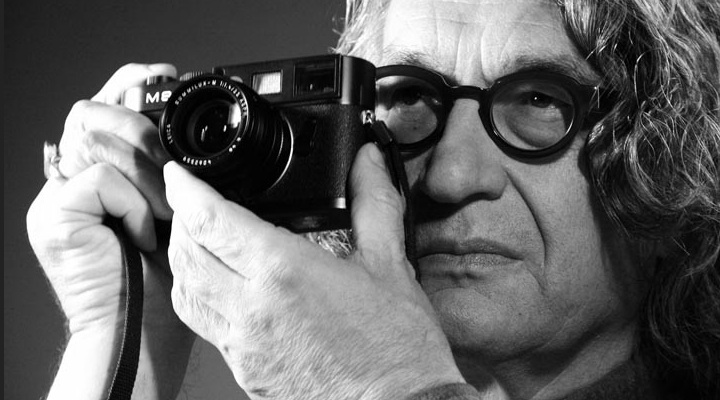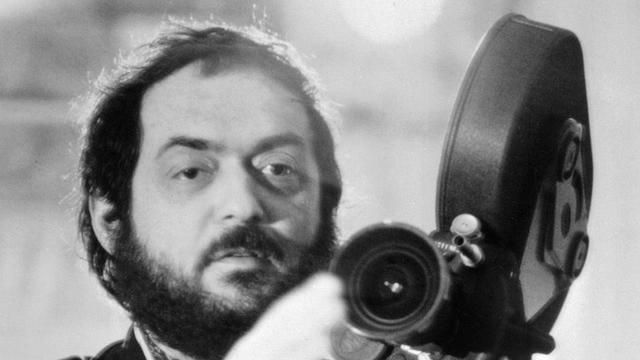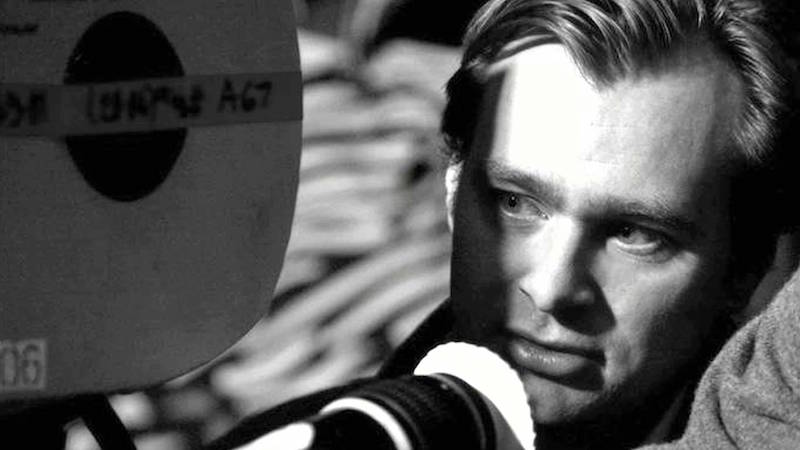A slight mentioning of any one of the titles, Kings of the Road, Paris, Texas, Wings of Desire, Until the End of the World, Salt of the Earth, or Pina, is enough to mark German filmmaker Wim Wenders’s grandiose body of work. Wenders is among that rare species of auteurs who excelled as a filmmaker, documentarian, photographer, and painter. For Wenders, filmmaking has always been an act of seeing and framing is the cardinal act of his creative process. He never allows his cinematographer to set the frame and believe that whatever is included within the frame is preserved, and everything outside it is lost forever.
In this personal conversation, Wenders reminisces his childhood surrounded by the heaps of rubble after the WW2, in a desperate Germany leveled flat by the allied forces. He remembers how a collection of paintings survived the destruction became his absolution from the war inflicted abyss. He explains his idea of beauty, which later developed into more esoteric ideas related to truth, and the obsession with everything framed.
He started as a painter and soon realized he can use the 8 mm camera, he had been gifted at the age of 6, as an extension his paintings. After some Parisian months as a ferocious film buff, Wenders found the complexities of cinema as an art form, among which was the pivotal discovery of construction of time.
Wenders traces back to the evolution of his characteristic style and the preoccupation with travel and road movies. The conversation also sheds light on Wenders’s techniques of handling the actors, interfering cinematic flow of time without manipulating it and how he keeps the sanctity of the filmmaking process. Like he reveals in the conversation, no other filmmaker paid respect to the time and went as far as shooting everything in the chronological order, respecting the unity of space and time all the way, withstanding all the ensuing pain and pressures.
Written By: Ragesh Dipu




